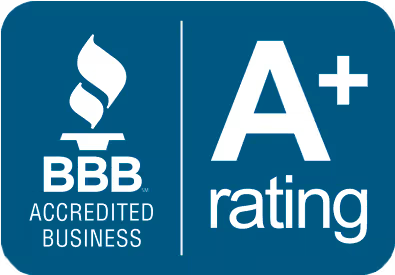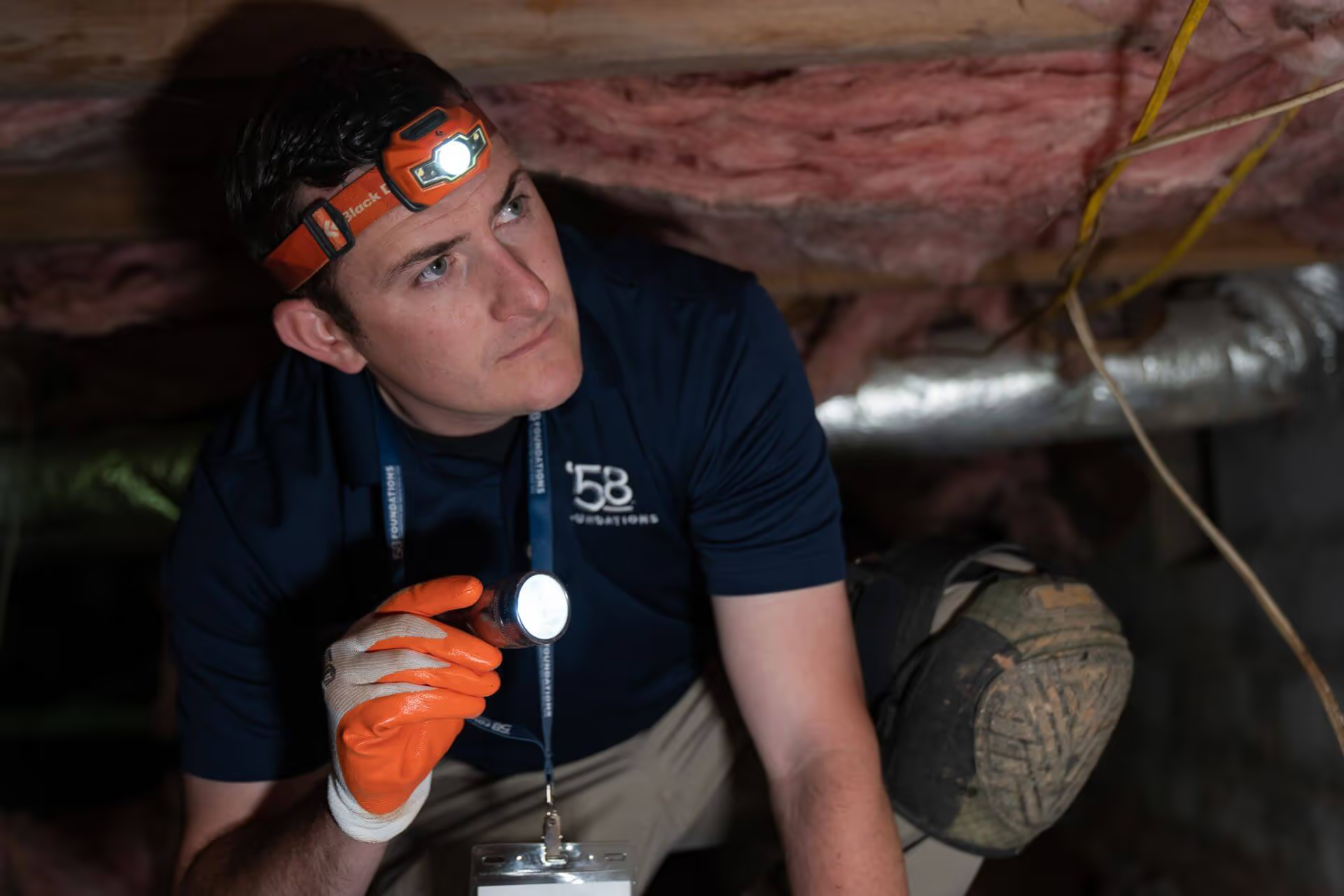Allergy and asthma symptoms can worsen due to mold, moisture, or poor air quality in your home. Learn how issues like foundation leaks or crawl space moisture contribute to these problems and how professional solutions can improve your home's air quality.






Mold is a concern, especially for those with allergies. Mold allergies and asthma can trigger various symptoms, including sneezing, a runny nose, coughing, wheezing, itchy eyes, and skin irritation. In more severe cases, individuals with significant allergies or asthma can experience breathing difficulties due to mold exposure.
Mold growth isn’t always visible in basements, foundations, or crawl spaces. It can lurk behind walls, carpets, and other hard-to-reach spots. Nonetheless, specific indicators may point to mold presence in these areas:
A strong, unpleasant smell in your basement, foundation, or crawl space could be a sign of mold. Musty odors are a common red flag for mold growth in these regions.
Mold often thrives in damp environments caused by water damage. Stains on walls or ceilings, wet or damp floors—these signs may indicate a mold issue.
In some cases, you might spot mold growth in basements, foundations, or crawl spaces. Mold can manifest as green or black patches on surfaces like walls and ceilings. Address visible mold promptly.
If allergy or asthma symptoms emerge in your household, mold might be the culprit. It’s crucial to have the area assessed and treated by a professional if you suspect mold involvement.
Taking proactive steps to control moisture and enhance ventilation is key to preventing mold growth in basements, foundations, and crawl spaces. Here’s how you can stave off mold:
Adequate ventilation is essential to thwart mold. Ensure proper airflow in basements, foundations, and crawl spaces to minimize moisture buildup.
High humidity fosters mold growth. Utilize a dehumidifier to manage humidity levels and hinder mold proliferation.
Swiftly repair leaks and water damage in these areas to prevent moisture accumulation and create an unfavorable environment for mold.
Suspecting mold in your basement, foundation, or crawl space? Seek expert assistance. A mold inspection can assess the mold’s type and extent, guiding you towards appropriate remediation steps.
In conclusion, mold in basements, foundations, and crawl spaces can jeopardize health. Stay watchful for mold signs and proactively combat its growth. If mold is suspected, professional help is vital for accurate identification and effective remediation. Your health and well-being are paramount.






We respect your privacy. By submitting, you authorize '58 Foundations and Waterproofing to reach you via call, email or text for information about your project needs. We will never share your personal information with third parties for marketing purposes. You can opt out at any time. Message/data rates may apply. Consent is not a condition of purchase. Privacy Policy